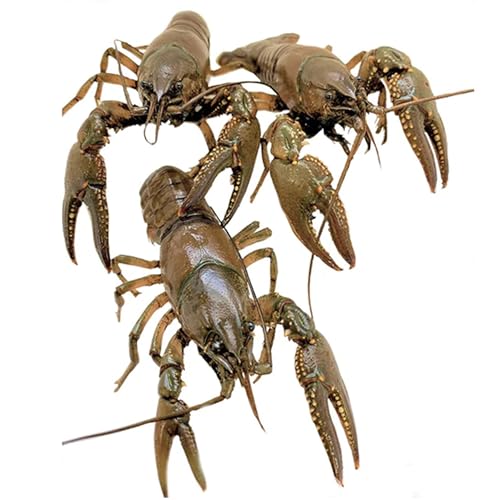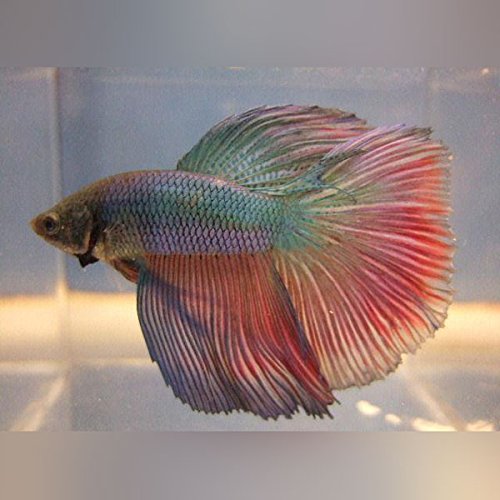
In a sweeping federal effort to combat wildlife trafficking, two men from Maine and South Carolina have been convicted for illegally importing and selling parts of protected whale species, violating multiple U.S. conservation laws.
Maine Man Pleads Guilty to Trafficking Whale and Bird Parts
On September 30, 2025, Sergey Bachkovsky of Greene, Maine, pleaded guilty in U.S. District Court in Portland to trafficking wildlife in violation of the Lacey Act. Between June 2023 and March 2024, Bachkovsky imported and sold a range of prohibited items—including sperm whale teeth, blue whale ear bones, and a broad-winged hawk carcass—through online platforms to buyers across the country.
Court documents revealed that Bachkovsky’s inventory also included scrimshaw art pieces, bear teeth, whale vertebrae, and feathers from protected bird species such as eagles, owls, and vultures. These items are protected under the Endangered Species Act, the Marine Mammal Protection Act, and the Migratory Bird Treaty Act, which prohibit their sale and transport without specific permits.
Bachkovsky was charged as part of the U.S. Fish and Wildlife Service’s Operation Raw Deal, a nationwide initiative targeting the illegal trade of whale bones and teeth. He faces up to five years in prison, three years of supervised release, and a fine of up to $250,000 or twice the financial gain from his activities. Sentencing will occur at a later date.
South Carolina Man Sentenced for Sperm Whale Trafficking
Just weeks earlier, on September 16, 2025, Lauren Deloach, 69, of St. Helena, South Carolina, was sentenced to 30 days of home confinement and ordered to pay $15,000 into the Cooperative Endangered Species Conservation Fund—also known as the Lacey Act Reward Fund. Deloach admitted to illegally importing and selling sperm whale teeth and bones between September 2021 and September 2024.
Investigators found that Deloach knowingly mislabeled shipments to evade detection and had surrendered 47 sperm whale teeth and two ear bones prior to his guilty plea. The sperm whale, native to U.S. waters, has been protected since 1973 and is known for its complex social behavior and long-distance communication.
Both prosecutions were led by the Department of Justice’s Environmental Crimes Section, with Trial Attorney Ryan Connors playing a key role in both cases.































